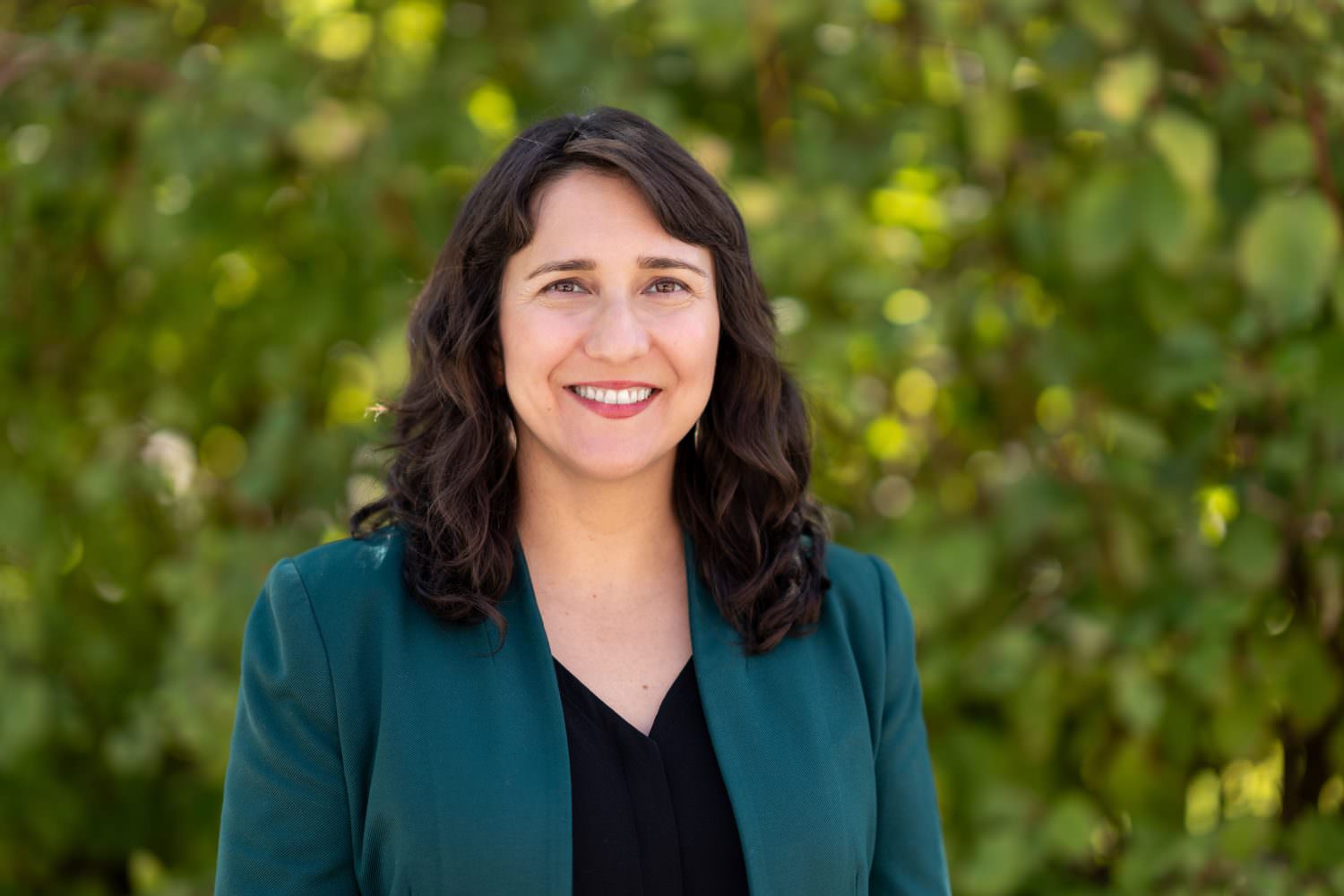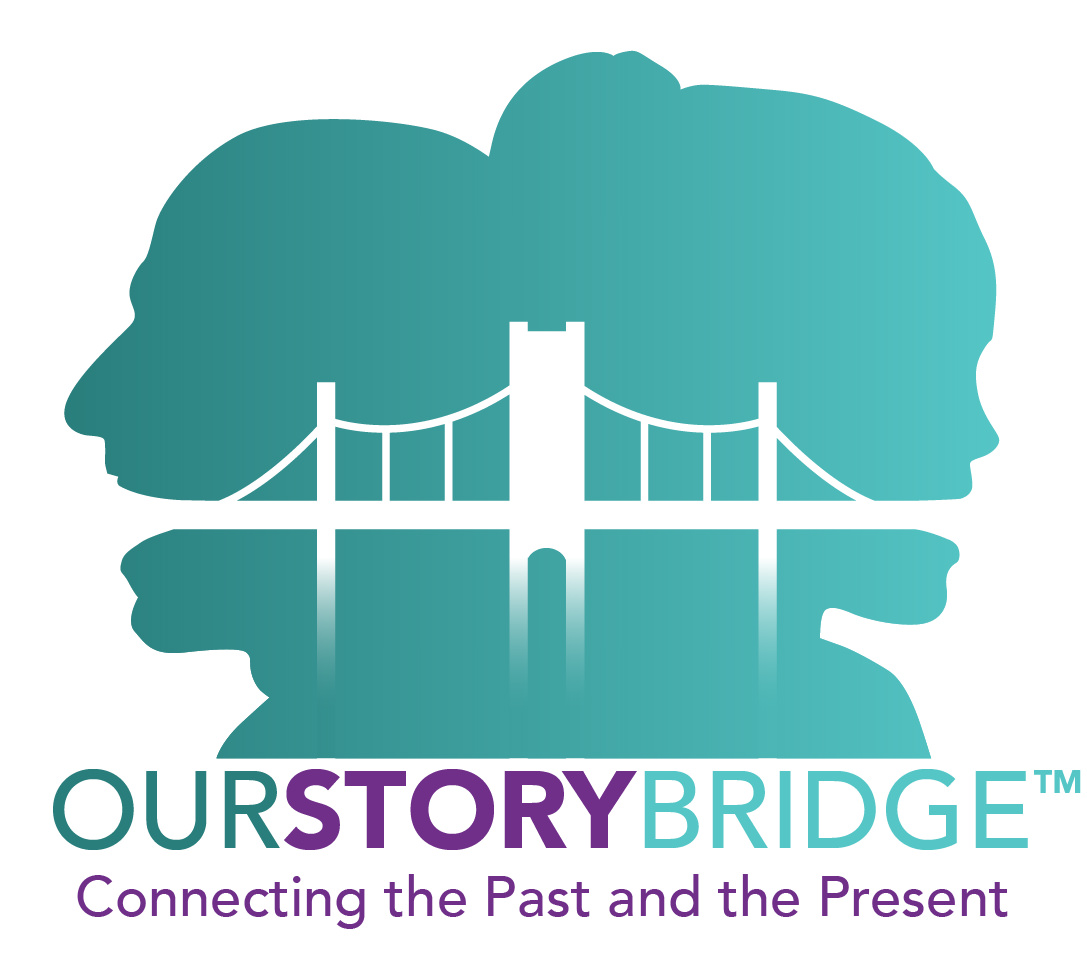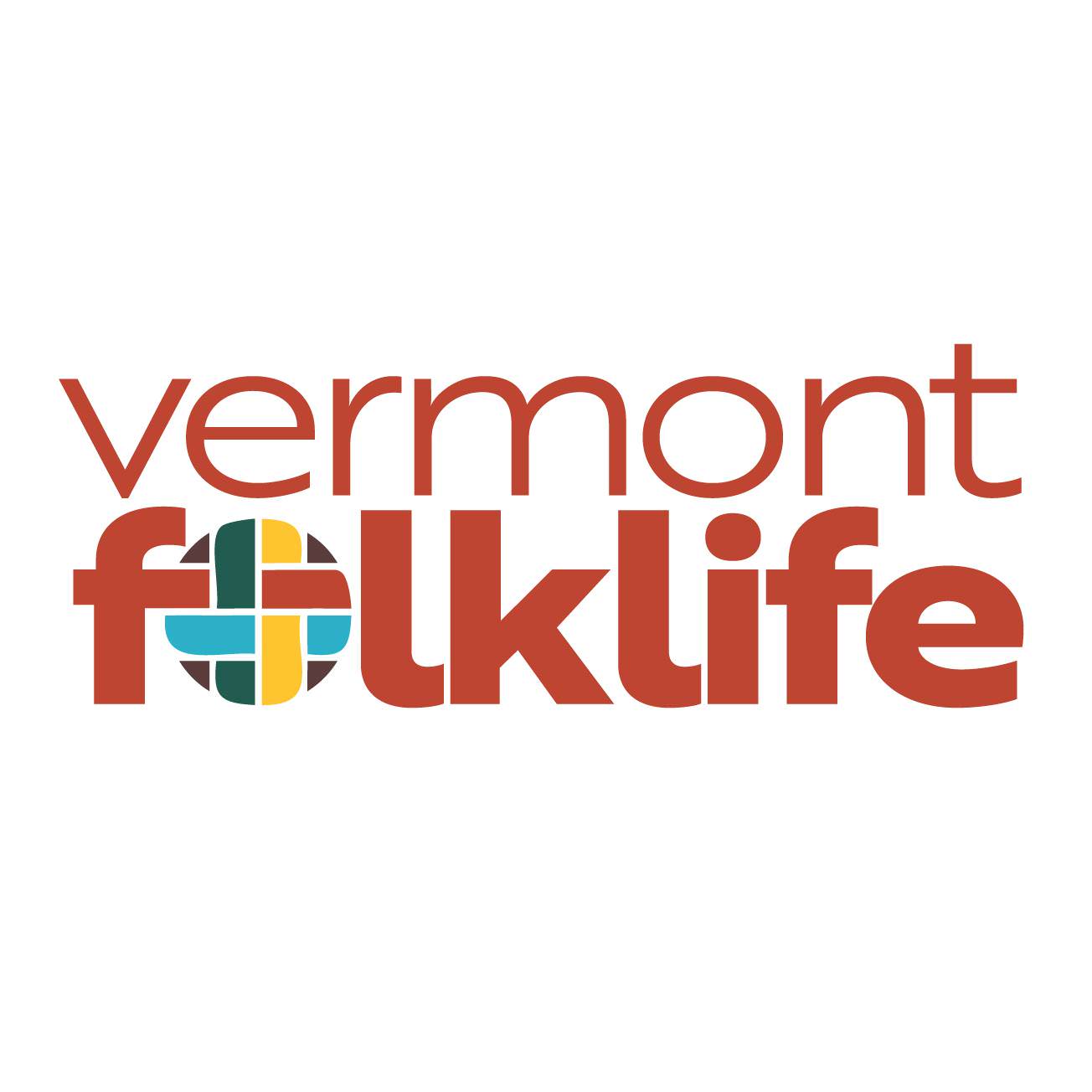Dr. Anna Nogar, OurStoryBridge, and Vermont Folklife Among Awardees of Recent NEH Grants

On January 14, 2025, the National Endowment for the Humanities (NEH) announced $22.6 million in grants for 219 humanities projects across the country.
“It is my pleasure to announce NEH grant awards to support 219 exemplary projects that will foster discovery, education, and innovative research in the humanities. This funding will strengthen our ability to preserve and share important stories from the past with future generations, and expand opportunities in communities, classrooms, and institutions to engage with the history, ideas, languages, and cultures that shape our world.”
Shelly C. Lowe (Navajo), NEH Chair
Among the grants awarded, some make significant investments in the fields of conservation science research and training to help find better ways to preserve materials and collections of critical importance to the nation’s cultural heritage. Several projects apply new technologies and digital methods to innovative humanities public programs and research. NEH Humanities Initiatives grants will fund educational resources, programs, curricula, and other projects that enhance teaching and learning in the humanities at two- and four-year colleges and universities.
Newly awarded NEH Fellowships and Awards for Faculty will support advanced research and writing projects by humanities scholars on a wide range of subjects. Dr. Anna M. Nogar, Professor of Hispanic Southwest Studies in the Department of Spanish and Portuguese at the University of New Mexico, won an Award for Faculty for her project “Aurora Lucero-White Lea (1893–1963), 20th-Century Pan-Americanism and Indo-Hispano Folklore.”

Dr. Nogar’s project is a bio-bibliographical study of early 20th-century New Mexican folklorist Aurora Lucero-White Lea. It situates Lucero’s vital and often-unattributed work at the crossroads of national identity politics concerning minority-majority New Mexican treaty citizens. Lucero’s complexity as folklorist, rural educator, administrator, and public figure reflects the tensions her fellow New Mexicans confronted in their pursuit of political and social enfranchisement within the United States.
Several grants awarded during this funding cycle support small and mid-sized cultural institutions that serve as keepers of community history and culture in developing new interpretive materials for public tours and exhibitions, and in gathering oral histories and materials documenting local history. OurStoryBridge Inc., a 501(c)(3) charitable nonprofit that supports the collecting and sharing of digital short-form oral histories through community crowdsourcing and curation, was awarded a Public Impact Projects at Smaller Organizations Grant entitled “Interpretive Capacity Building for Short-Form Oral Histories with OurStoryBridge Inc.” This project will identify best and innovative uses for the short-form oral histories using the OurStoryBridge methodology, with the goal of new interpretation and storytelling opportunities that draw on a collections review and audience research of the 1000+ stories currently in the OurStoryBridge archival collection.
“As a new, small nonprofit, OurStoryBridge is honored that the National Endowment for the Humanities has recognized the potential we have to capture America’s past and present through online short-form oral histories, especially the value of using them in public programming.”
Jery Huntley, MLS, Founder & President, OurStoryBridge Inc.

A large number of grants were given to projects seeking to understand communities living through climate change, some of which are focused on collective narratives or oral histories about climate change and climate resilience. Vermont Folklife has been working to document folklife in the wake of natural disasters, and this time it received a Cultural and Community Resilience Grant that supports community-based efforts to mitigate climate change impact, safeguard cultural resources, and foster cultural resilience.

Project Title: “The Floods Change Everything:” Documenting Food Access and
Cultural Resiliency Among New American Communities in Vermont
Project Director: Kathleen Haughey
We sometimes make mistakes, and we are happy to correct any errors that you may come across on our site. If you find an error, please let us know using the “submit a correction” link.